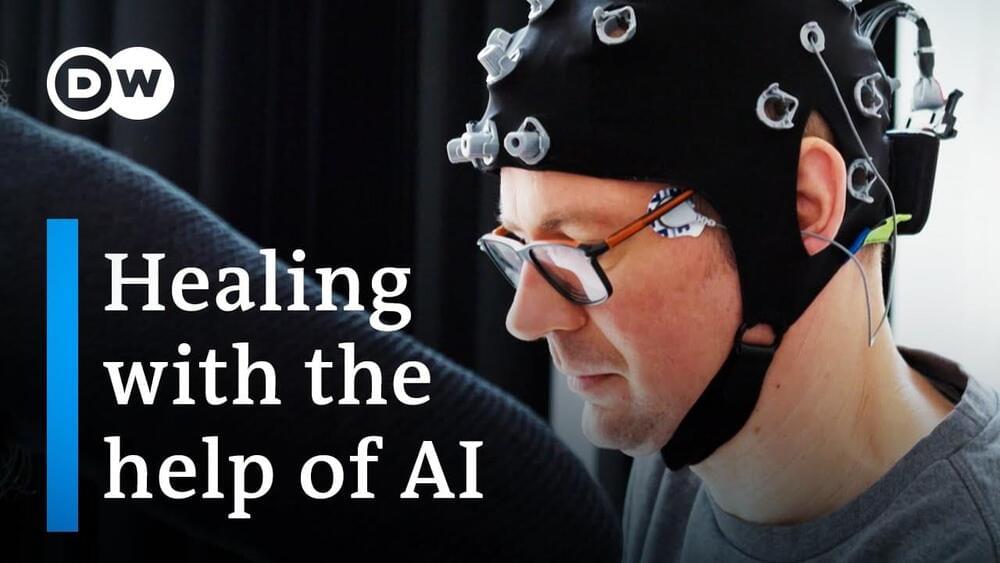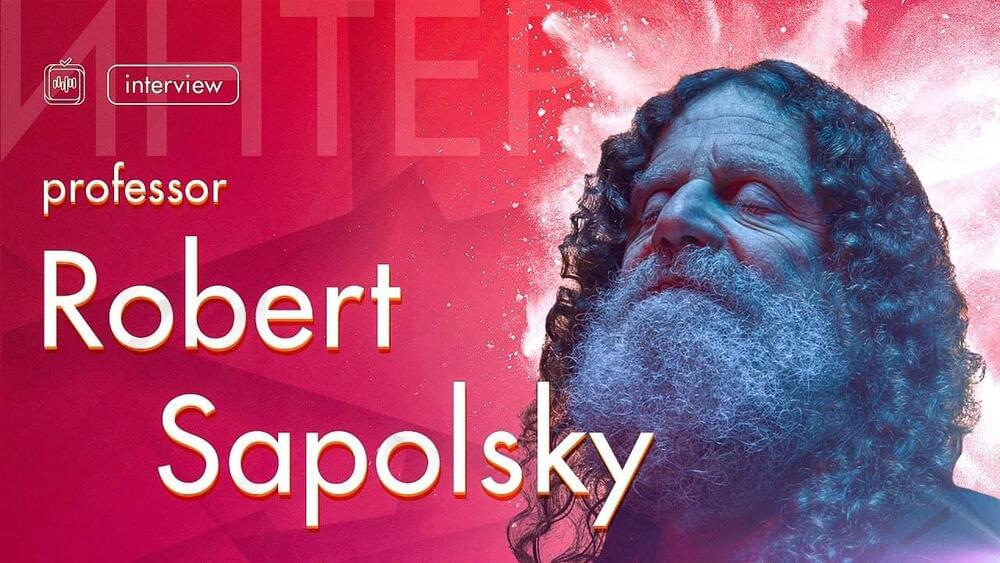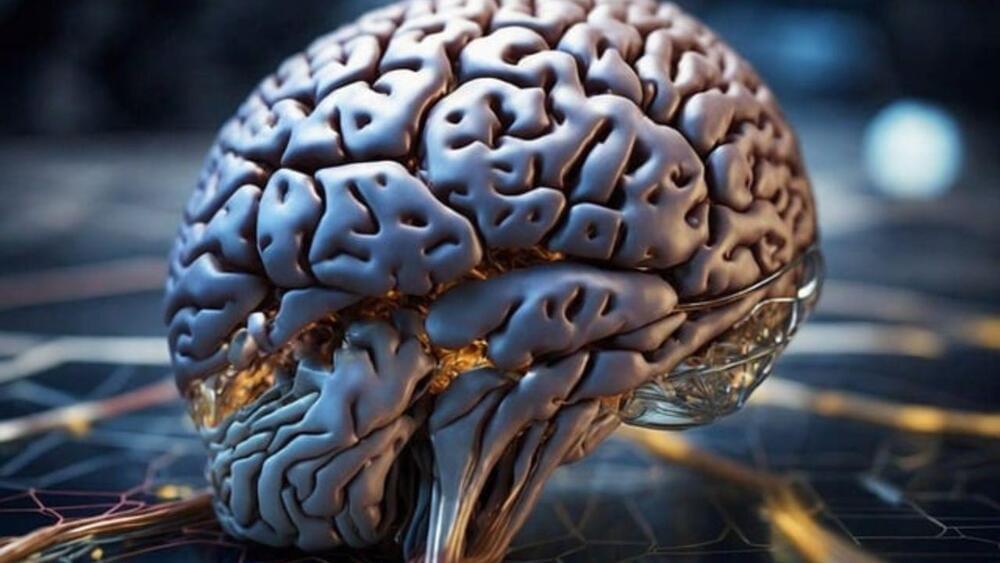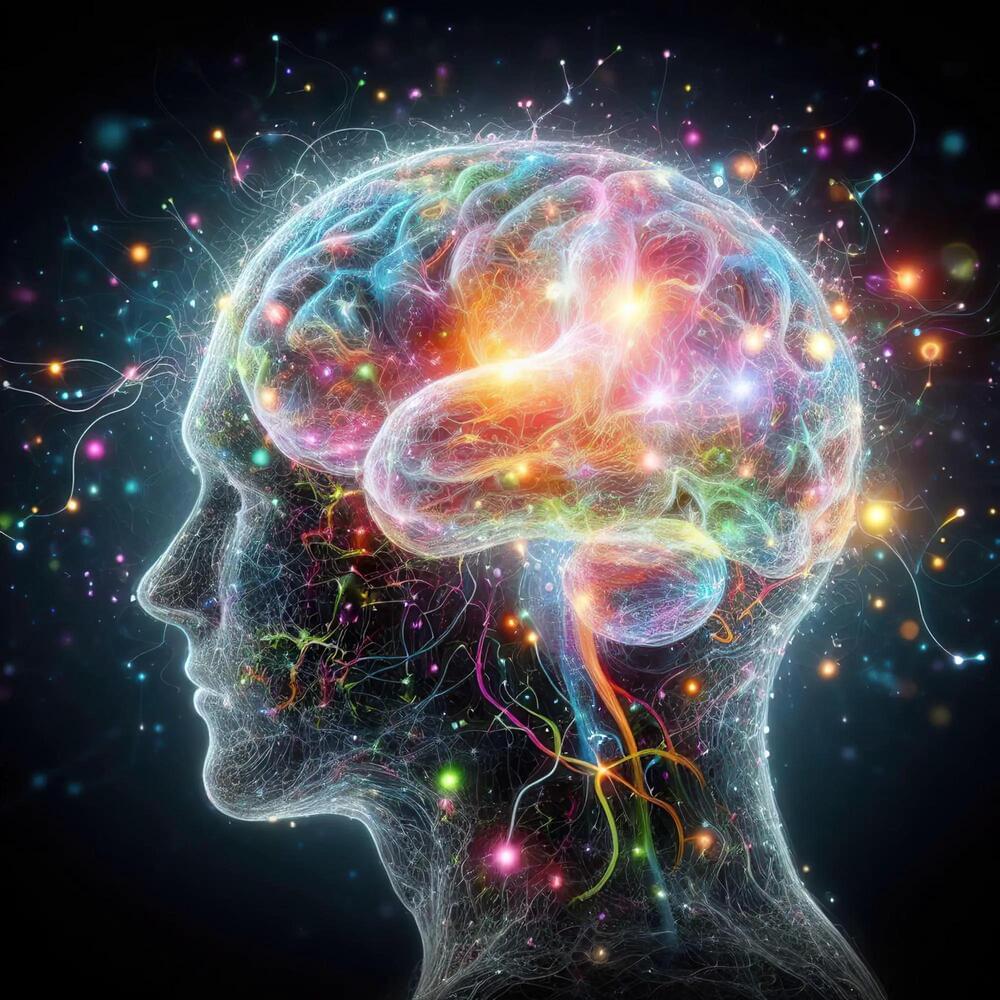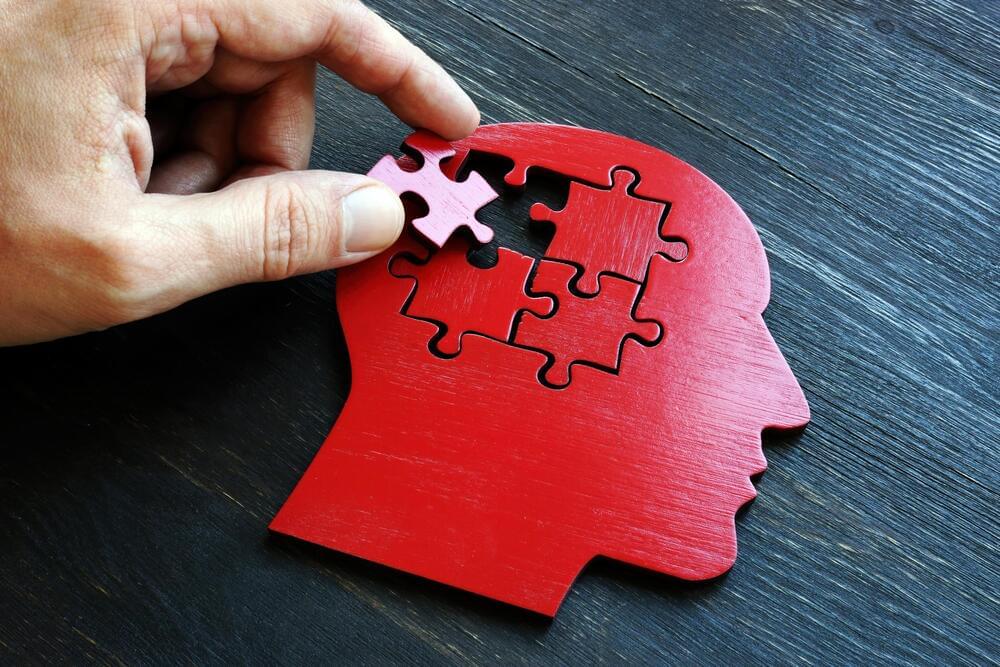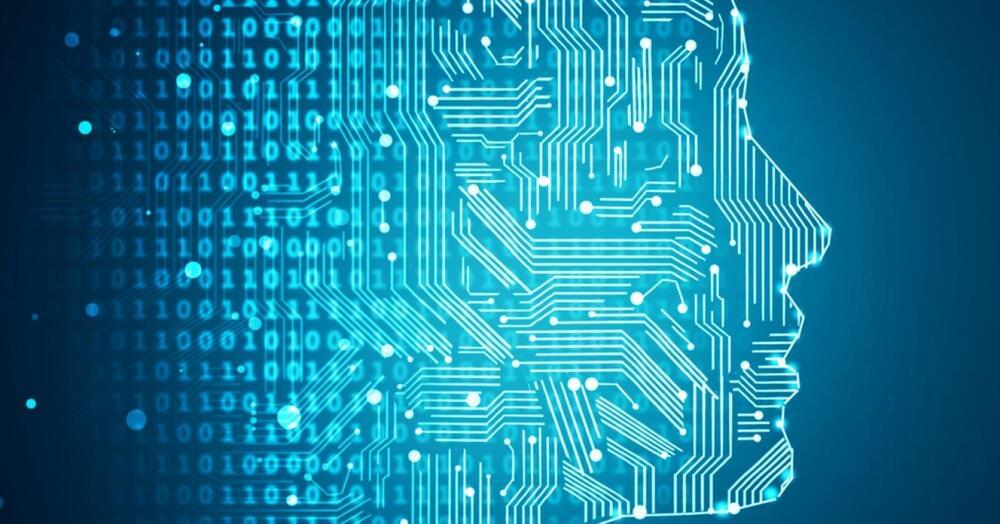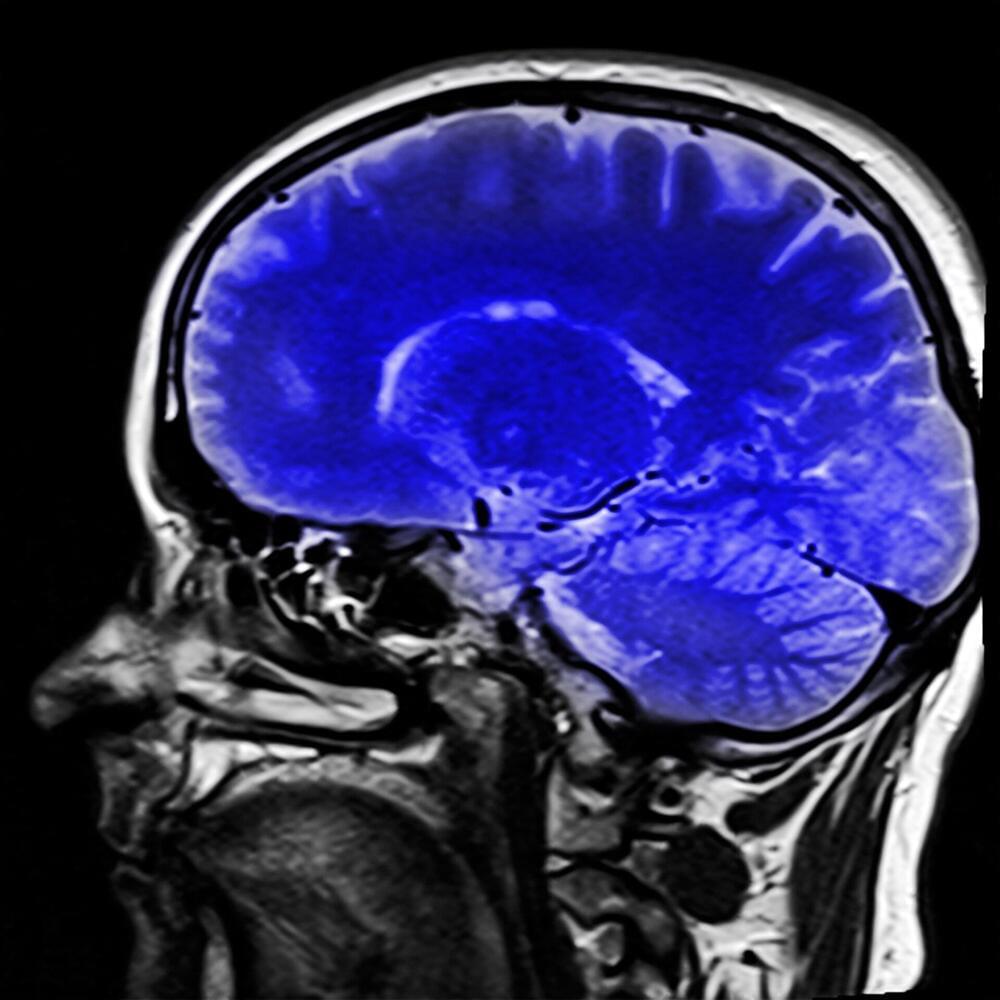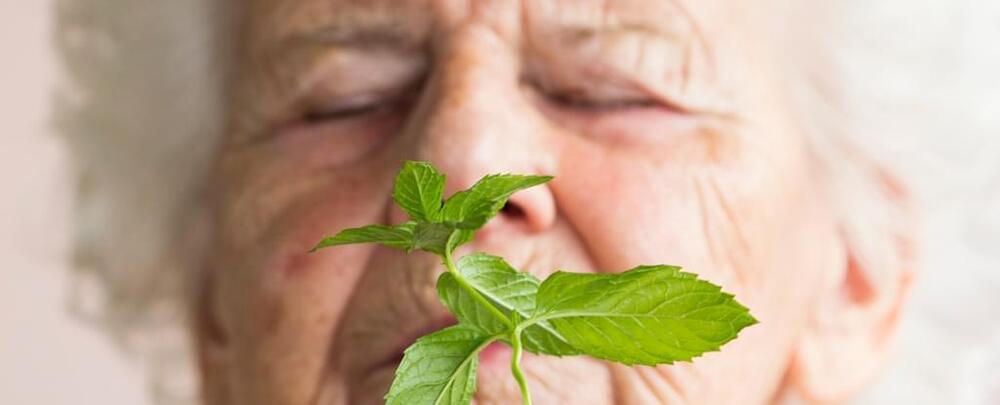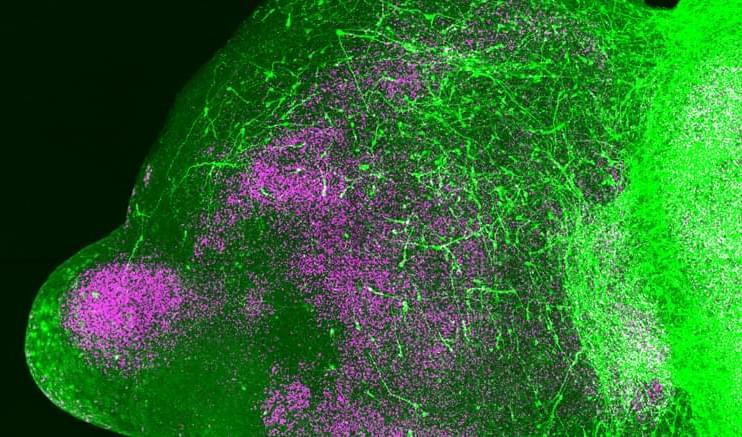Oct 7, 2023
Doctors, apps and artificial intelligence — The future of medicine
Posted by Shubham Ghosh Roy in categories: biotech/medical, education, life extension, neuroscience, robotics/AI
Artificial intelligence is changing health care. It promises better diagnoses and fewer mistakes and all in less time. While some associate AI with a frightening dystopian future, many doctors see it as a source of support.
To help them care for patients, doctors are programming apps and supplying AI with data. At Berlin’s Charité hospital, Professor Surjo Soekadar is researching how neurotechnology might support paralysis patients in their everyday lives — for example, via assistance systems that are controlled via their thoughts.
Continue reading “Doctors, apps and artificial intelligence — The future of medicine” »
